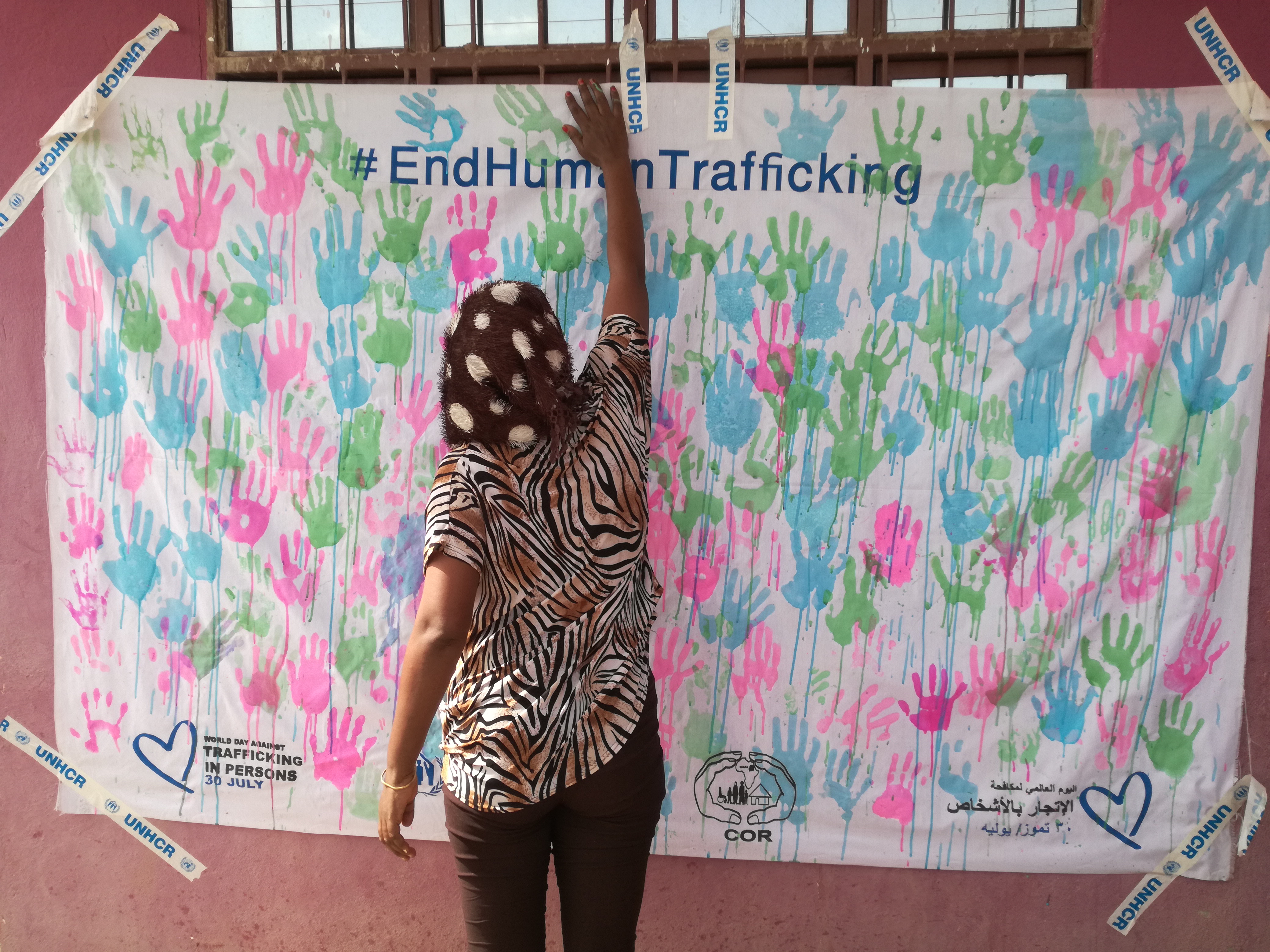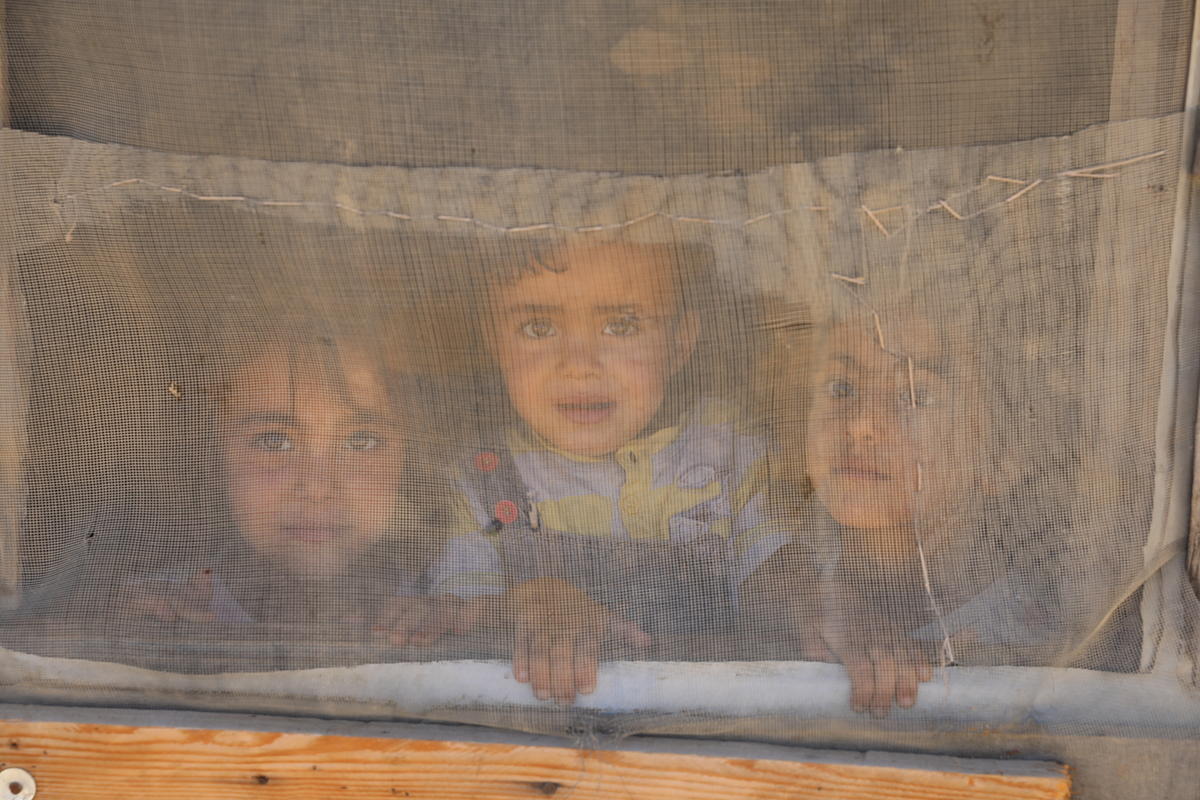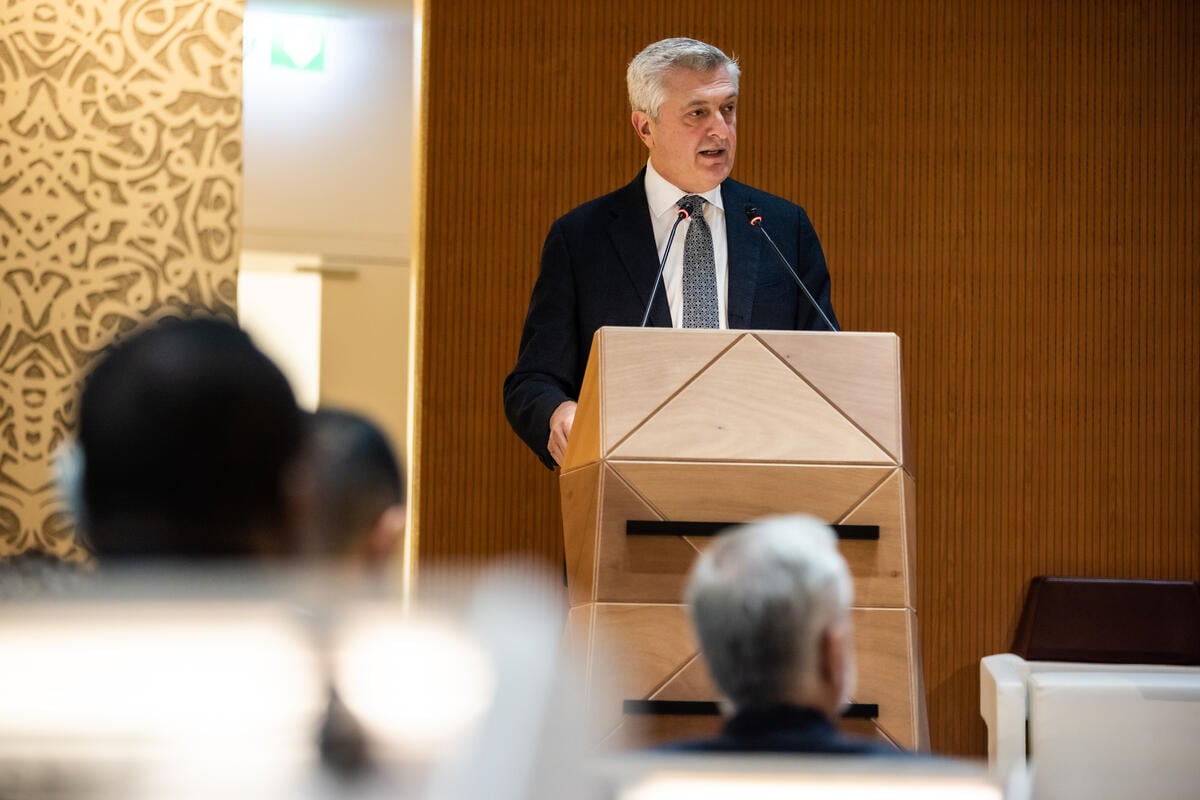Time running out for civilians in Africa's Sahel region as attacks multiply
Time running out for civilians in Africa's Sahel region as attacks multiply

UNHCR, the UN Refugee Agency is alarmed over escalating violence in the Sahel region which has seen hundreds of innocent civilians targeted in recent weeks, triggered more displacement and is seriously hindering humanitarian activities.
Attacks by armed groups and ensuing counter-security operations have led to more people fleeing their homes for security and put even more pressure on stretched host communities, already facing immense hardship from dealing with those displaced, often relatives from previous violence.
The latest attack on the Binedama village in central Mali’s volatile Mopti region, on June 5, killed 26 civilians.
Armed groups also targeted a refugee hosting area at Intikane in western Niger and killed two refugee leaders and one leader from the local community on 31 May. This resulted in more than 10,000 people seeking shelter further inland around Telemces where UNHCR and partners have assisted in the rapid provision of some 1,180 temporary shelters. Nevertheless, living conditions there are “deplorable” with water and health major concerns.
‘’The continuing attacks on civilians in the Sahel which have crippled life in the border towns and areas are unfathomable, incomprehensible. People are being displaced multiple times and are in desperate need of our help. We are doing the best we can to bring in assistance inspite of the challenging times’’ said Millicent Mutuli, UNHCR’s Regional Director for West and Central Africa, in reference to the COVID-19 pandemic and some of the limitations which arise from the response.
Refugees finding themselves in the Liptako-Gourma, the border triangle where Burkina Faso, Mali and Niger converge, are seeking safety in areas that are also plagued by violence and poverty. Many have been displaced several times.
In response, UNHCR has provided shelter assistance to over 25,000 families and aims to conclude the distribution of relief items to 16,500 families by the end June 2020. However, humanitarian activities are seriously hampered by escalating insecurity, the impact of COVID-19 and a lack of adequate resources.
Since an initial outbreak in northern Mali in 2011, armed conflict has spread to central Mali, to Niger, to Burkina Faso.
Now one of the fastest growing displacement crises in the world, millions have fled indiscriminate attacks by armed groups against civilians such as summary executions, the widespread use of rape against women, and attacks against state institutions, including schools and health facilities.
In Burkina Faso in particular, the number of IDPs rose from 560,000 in early February to 848,000 at the end of April, representing 288,000 additional people in approximately three months.
‘’The humanitarian situation is extremely dire in the central Sahel. Displaced families live in overcrowded sites, access to basic services is minimal and we are racing against time to scale up our response in the face of new needs growing faster than available resources,’’ UNHCR’s Mutuli added.
To highlight the immense needs in the region and continue the ongoing response to the deepening crisis, UNHCR will be launching its Sahel Crisis Appeal this Friday, 12 June.
UNHCR staff working with partners and the authorities in the region are assisting desperate populations, but increased insecurity and COVID-19 measures mean our ability to reach all in need in the remote parts of Burkina Faso, Niger and Mali is extremely challenging.
All three countries have weak social infrastructures, which means shelter, food, health and delivery of water to refugees and displaced people remains a priority. Many arrive without any belongings and welcomed by host communities – which despite their generous welcome are at a breaking point and need support to survive.
For more information on this topic, please contact:
- In Dakar, Romain Desclous, desclous@unhcr.org, +221 786 396 385
- In Geneva, Babar Baloch, baloch@unhcr.org, +41 79 513 9549









